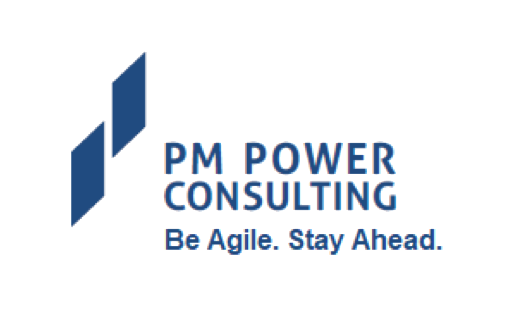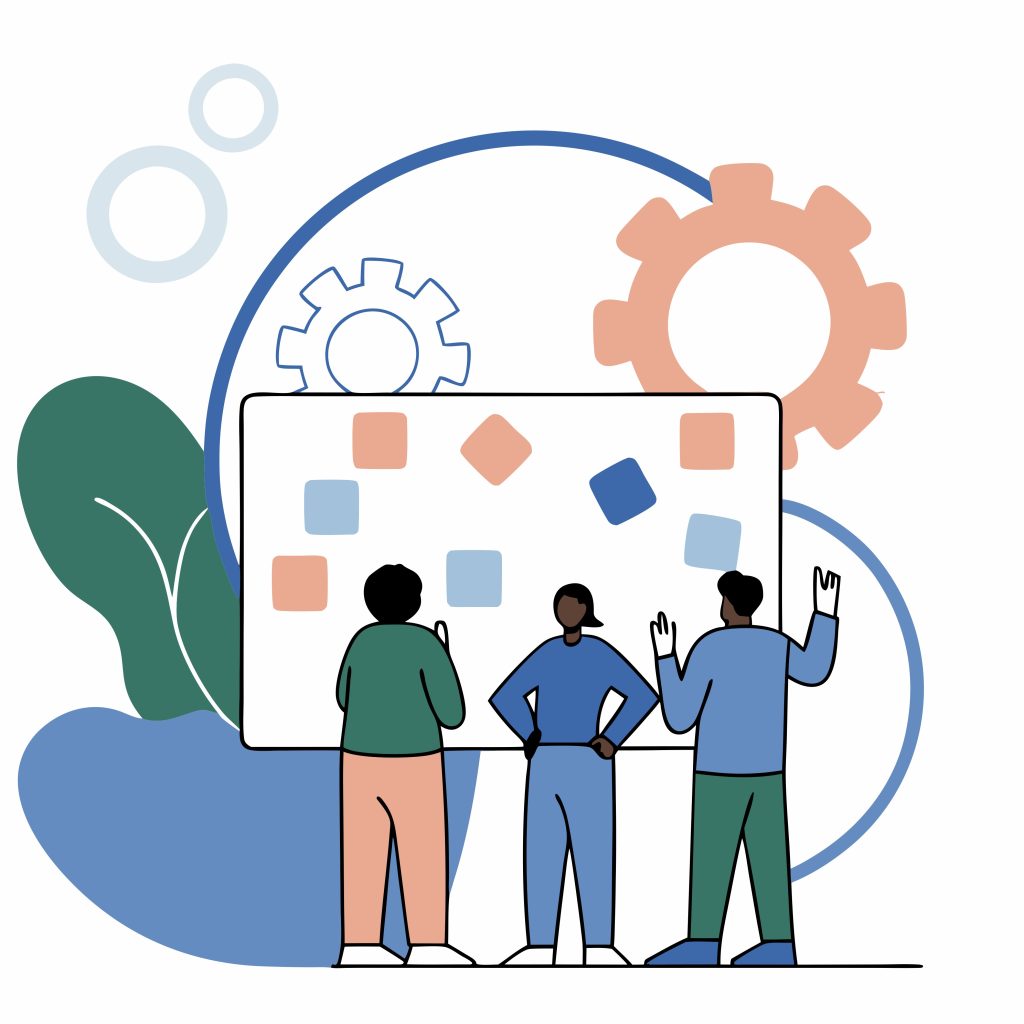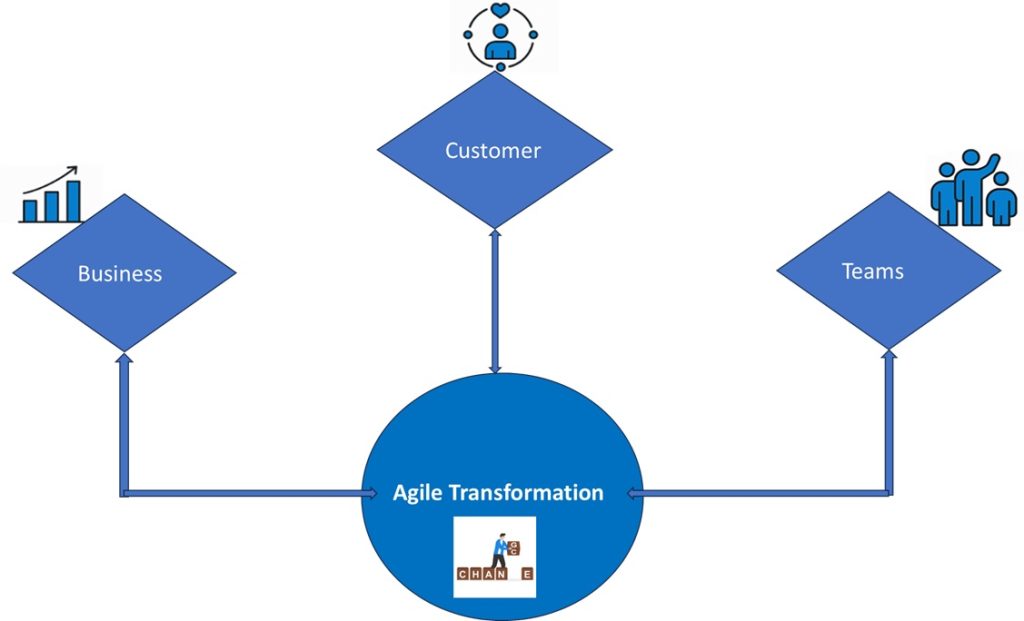I did B.E. in Electrical engineering from VJTI, Mumbai University. As electrical engineers we studied electrical motors, generators, transformers, electrical power generation and distribution etc, etc. . . However, I did not like any of the electrical engineering subjects. I liked to study electronics. When I got introduced to Digital electronics and computers, I loved them. Computers fascinated me and my heart longed to study computers in depth.
In the last year of engineering, companies started visiting our college for campus recruitment. All these companies offered a job in electrical engineering. I was not interested in those jobs and was thinking on pursuing higher studies in computer science. However, there was uncertainty in getting admission to a course of my choice. So, I decided to secure a job as fallback option. I decided to apply for the jobs that were available. I had good academic record. All the companies conducted written test first and based on performance in written test, candidates were shortlisted for interviews. I did very well in written tests and was always shortlisted for interview. However, after interview I did not get selected. My friends with not so great academic performance also got job offers but I didn’t. Our training and placement officer was particularly surprised at this and even conducted a personal session for me on how to handle interviews. Even then, the same pattern of getting rejected in interviews continued. Towards end of recruitment sessions, one software company came to our college and I appeared for their selection process. As usual I did well in written test and got shortlisted for interview. I appeared for interview and this time I was the first one to be selected and I got an offer that was 50% higher than average offer received by my classmates. My classmates showered me with congratulations and I also felt proud. Subsequently, I did not join this company also as I got admission to M. Tech. (Computers Science) course in IIT Bombay and decided to pursue my interest and studies in computers. After completion of M. Tech. degree I was selected by TCS in the first interview that I faced and thereafter I have not failed in any interview.
When I looked back on these events, I wondered why despite excellent academic record, excellent performance in written tests and correct answers to technical questions in interviews, I always got rejected in interviews by electrical companies. I could not figure it out but I think my dislike for electrical engineering job somehow surfaced in those interviews and reflected in my body language and that led to rejections. These rejections impacted me as I had sincerely tried to get the job. I got frustrated and became angry with myself. For the first time in my life, my confidence was shaken. However all of that vanished when I got an offer from the software company. In hindsight, I think these rejections were a blessing in disguise. They helped me understand my strengths and passions better and made me more determined to prove myself and eventually I succeeded. They taught me an important lesson – failures are possible in spite of careful preparation if your heart is not into that activity. Being passionate about the outcome is one of the key ingredients of success. So, failures are not necessarily bad! They have their own place of importance in our lives. They may close one avenue for us but at the same time they open up new options that lead us in directions not easily comprehended before.
In the present age, marked by Volatility, Uncertainty, Complexity and Ambiguity (VUCA) one may not be fully prepared to face the challenges and chances of failure are high. Here, we advise agile approaches. Get started, try something. If it fails, fine! Learn from the failure and correct your course and march on towards success!
I have worked for a product company that was an ambitious start up. Company had fast growth and frankly, we were a bit overwhelmed by the speed of growth. However, we were determined to make the company successful and do whatever it takes for it. One of our delivery managers, was given the responsibility of making an important delivery to a strategically important customer. Looking at too many things on his plate, he committed a delivery date that was 11 months away, little short of one year. He then got busy with his other deliveries. After about 8 months, someone remembered this customer and it was discovered that work on this important delivery had not started and it was just not possible to meet the date promised to the customer. When this was discovered, there was panic in the air. This manager was a very competent technical person and was very honest, sincere and hardworking. He was well respected in the company. Obviously, he was dismayed and considered himself personally responsible for getting the company into the problem. When CEO called him, he expected to be fired. He prepared a resignation letter, put that in the pocket and went for the meeting. In the meeting, he took complete responsibility for what had happened. He explained that while he was busy and could not have started this important delivery as he did not have people to work on it, he should have highlighted that in time and failure to do so has landed company in the difficulty. Given that situation he felt that he does not deserve this responsible position and offered to quit. The CEO smiled and said, “We have already lost something here. If you quit, we would lose some important lessons that this situation has taught us. I do not want to lose them. Get back to the drawing board. Let me know what could be the earliest date for this delivery and what you need to make it happen. Also propose some changes that we should implement to prevent recurrence of this kind of situations. We have failed as a team here and we need to work as a team to recover from it – all of us; me included!” Everybody in the company was relieved at this decision and we committed ourselves to recover from the situation. That was a great lesson for all of us in dealing with a failure.
In the same product company, we had to deal with many new technologies. Technical team was empowered to make suggestions which they thought were useful for the product. Sometimes these experiments did not work and some precious effort and money was lost. However. the CEO never discouraged them. He used to say, “It is ok to fail when we are doing something first time. But we should learn from the failures and improve.” This approach took the fear of failure away from the team. This assurance of safety, fostered creativity in the environment. It enhanced the feeling of trust in the team and made them more responsible in their behavior. To summarize, never be afraid of failures. Failures are not necessarily bad! Use them to discover new avenues, new opportunities that can use your inherent strengths and create new definition of success. When we experiment we do take risks and may face failures. However, learning from failures will help us succeed eventually. Always keep in mind that failures are integral part of success!





